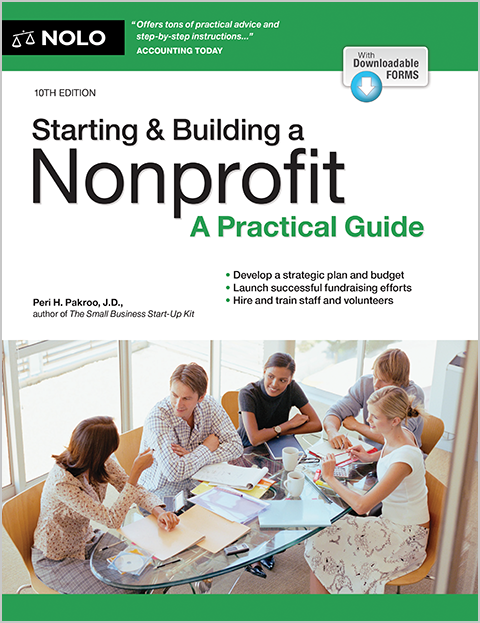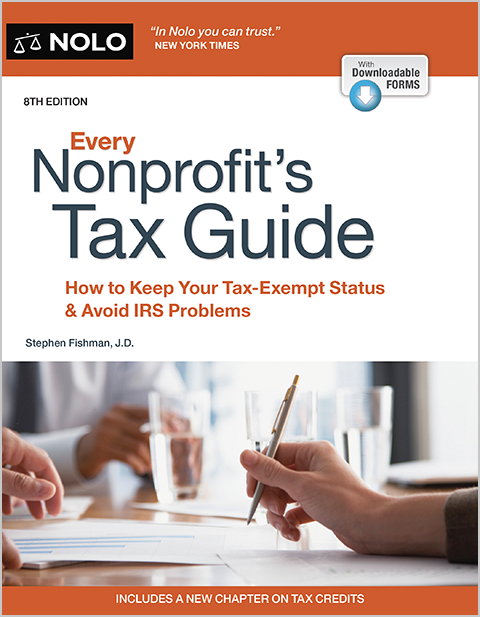To prevent abuses and tax evasion, the IRS imposes strict requirements on nonprofits that make money through gambling events.
Many people love to gamble, especially when it's for a good cause. For this reason, many nonprofits raise money by conducting gambling (also called gaming) activities such as bingo, lotteries, raffles, pull-tabs, punch boards, tip boards, pickle jars, 21, casino nights, and so forth. There are special IRS rules that apply when a nonprofit makes money this way.
No Charitable Contribution
First, any money a nonprofit receives in connection with any of these fundraising activities is not a deductible charitable contribution. Reason: A person who purchases lottery or raffle tickets or bingo games from a nonprofit is not making a gift to the organization. He or she is getting something in return for the money—the chance to win the prize offered in the game.
Example: St. Mary's Church of Peoria, Illinois holds a bingo game in its basement every Friday night. Lorene plays every week, spending about $100 per month on bingo cards. She may not deduct any portion of this expense as a charitable contribution.
Thus, you should never tell the attendees at a bingo night, purchasers of lottery tickets, or casino night bettors that the money they spend is tax deductible.
Special Tax Rules for Bingo and Other Games
To prevent abuses and tax evasion, the IRS imposes some strict requirements on nonprofits involved with gaming activity—for example:
- you must report any participant's winnings over a specified amount to the IRS on Form W-2G
- you must withhold income tax from the winnings over specified amounts for certain games and pay it to the IRS
- you may have to pay unrelated business income tax (UBIT) on the profits earned from the games (there is an exception for bingo), and
- you may have to pay a wagering excise tax to the IRS.
Moreover, nonprofits engaged in gaming must keep records of gross receipts from gaming, prize payouts, and other related disbursements to substantiate information submitted to the IRS.
For details, refer to IRS Publication 3079, Gaming Publication for Tax-Exempt Organizations, available on the IRS website.
Other Legal Restrictions
Many states and localities regulate gaming by nonprofits--for example, your nonprofit may be required to obtain a license. To learn about licensing requirements, consult the appropriate agencies in your area.



